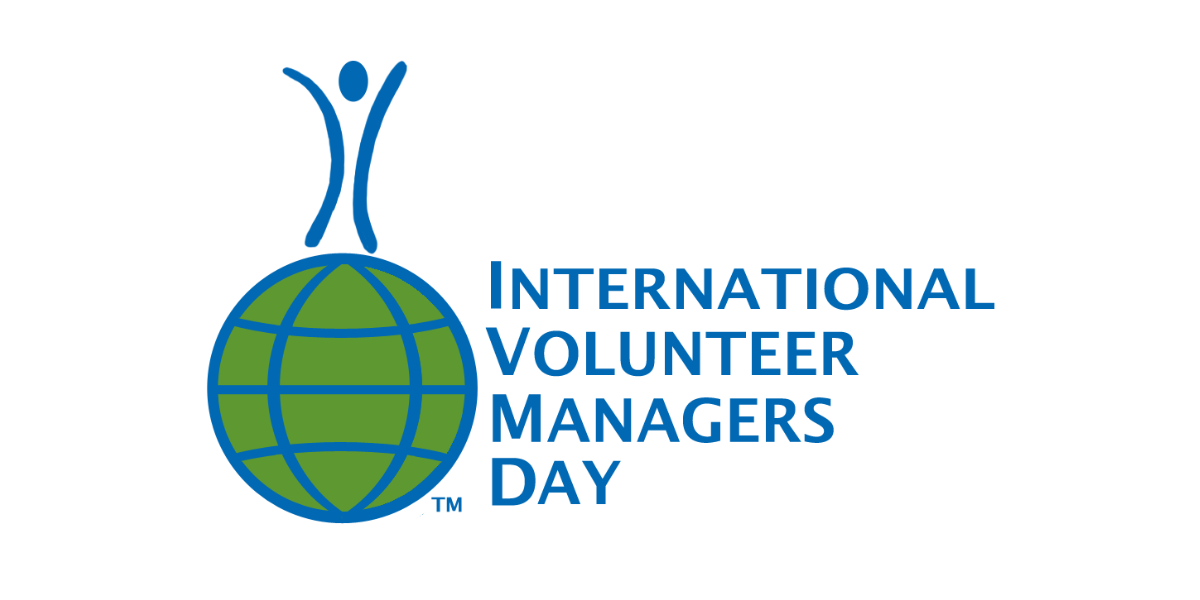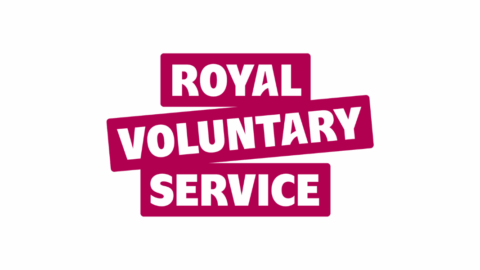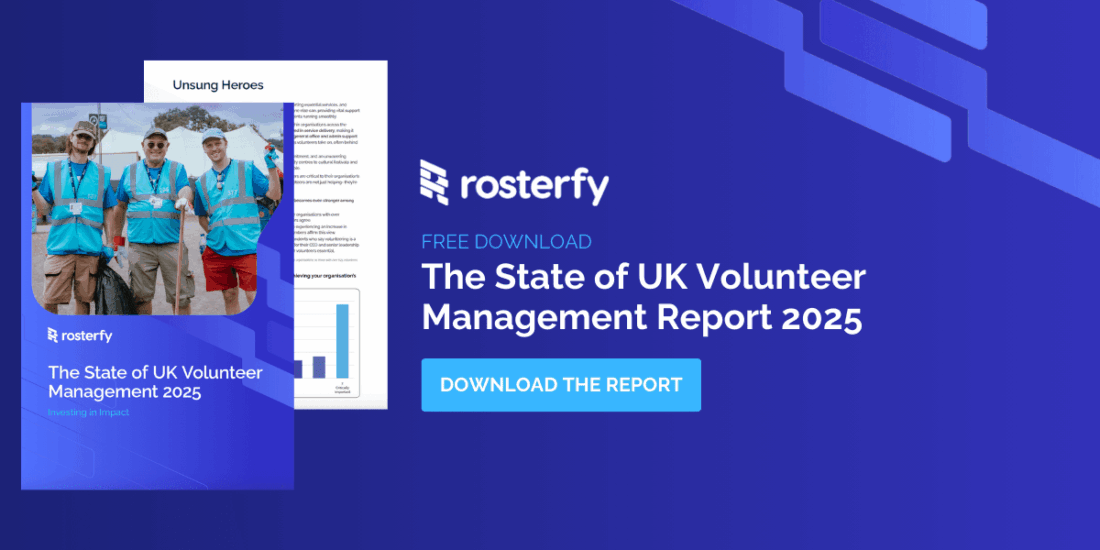by Anonymous
“What’s the one thing you wish people knew about your job”
That’s a tough one because volunteer management is probably the most complex job I’ve ever had, and I really don’t know how you begin to describe it, let alone narrow it down to one thing you’d like people to know.
In the end, I’ve plumped for something fairly broad that gives me a bit of leeway (yes that’s cheating, but what of it?) I think the one thing I’d want people to know is that quite a lot of the time it’s like being famous, but without the luxury of the fortune.
Working for a charity means there’s public interest, not only in what you’re doing but how you’re doing it. There are hundreds, thousands or even millions of people out there who are just as passionate – if not more so – about the cause you’re fighting, and they see your organisation as the public vehicle for change. And that makes you fair game to some degree. Or at least I think it brings with it an enhanced level of public accountability for what you’re doing. When you add in a layer of responsibility to a volunteer army there’s an added pressure.
People will (rightly) be quick to tell you when they’ve had a bad experience. In the last few weeks I’ve had messages from volunteers on social media and via email that all boiled down to a sentiment of “do more” or “do better”.
And whilst people should be holding us to account, and we should be doing everything we can to make sure the people who want to help us can do so, the mechanics of how a charity actually works are a mystery to most. I think it’s fair to say nobody who works in volunteering is sat with their feet up or resting on their laurels. It’s more likely that they’re having a swig of lukewarm coffee with a stale sandwich at 3pm for ‘lunch’, or trying not to think about all the time they’re owed that they’ll never get to take.
I’ve had abusive emails when trying to resolve complaints and I’ve been tagged in public messages where people have taken pleasure in hearing about a bad day at work. While I think some of that inevitably comes with the territory, there’s rarely an opportunity to put across context or balance.
I’ve volunteered in a few places (and still do). I think I’ve become more forgiving – or accepting? – about some things, having seen it from both sides of the table. For all the times we try as volunteer managers to get the right information to the right people at the right time, we know it won’t always happen. As volunteer managers, we know that people hate the burden of ‘health and safety gone mad’ and GDPR, and that they definitely don’t volunteer for paperwork. But we still know all those things are important to keep them safe and protected and so we grit our teeth, ask for a form or two, and wait for the backlash.
And whilst it’s short-sighted to equate money with happiness, I’ve always thought that the riches fame can bring probably go some way to offsetting the constant scrutiny that comes from being in the public eye. As volunteer managers, we’re accountable to people who need and rely on us, rather than an adoring fan base, and I think there’s a lot more pressure there then wondering if people will like my new album. (To clarify, I don’t currently have an album coming out myself).
We all want it to be simpler and easier, but we’re often trying to change culture or practice in organisations that have been behind the curve compared to private companies, and don’t have the resources to keep up. It’s also hard for us to talk about that because it feels like we’re making excuses rather than telling the truth. Volunteers and volunteer managers are fighting the same fight – we shouldn’t be fighting each other.
This is the first of our anonymous blogs. The blogs give leaders and managers of volunteering the opportunity to share some of the frustrations and challenges of their role, with the intention of letting readers know they are not alone in facing some of these issues.
If you’d like to write for AVM’s website, drop us a line at hello@volunteermanagers.org.uk




